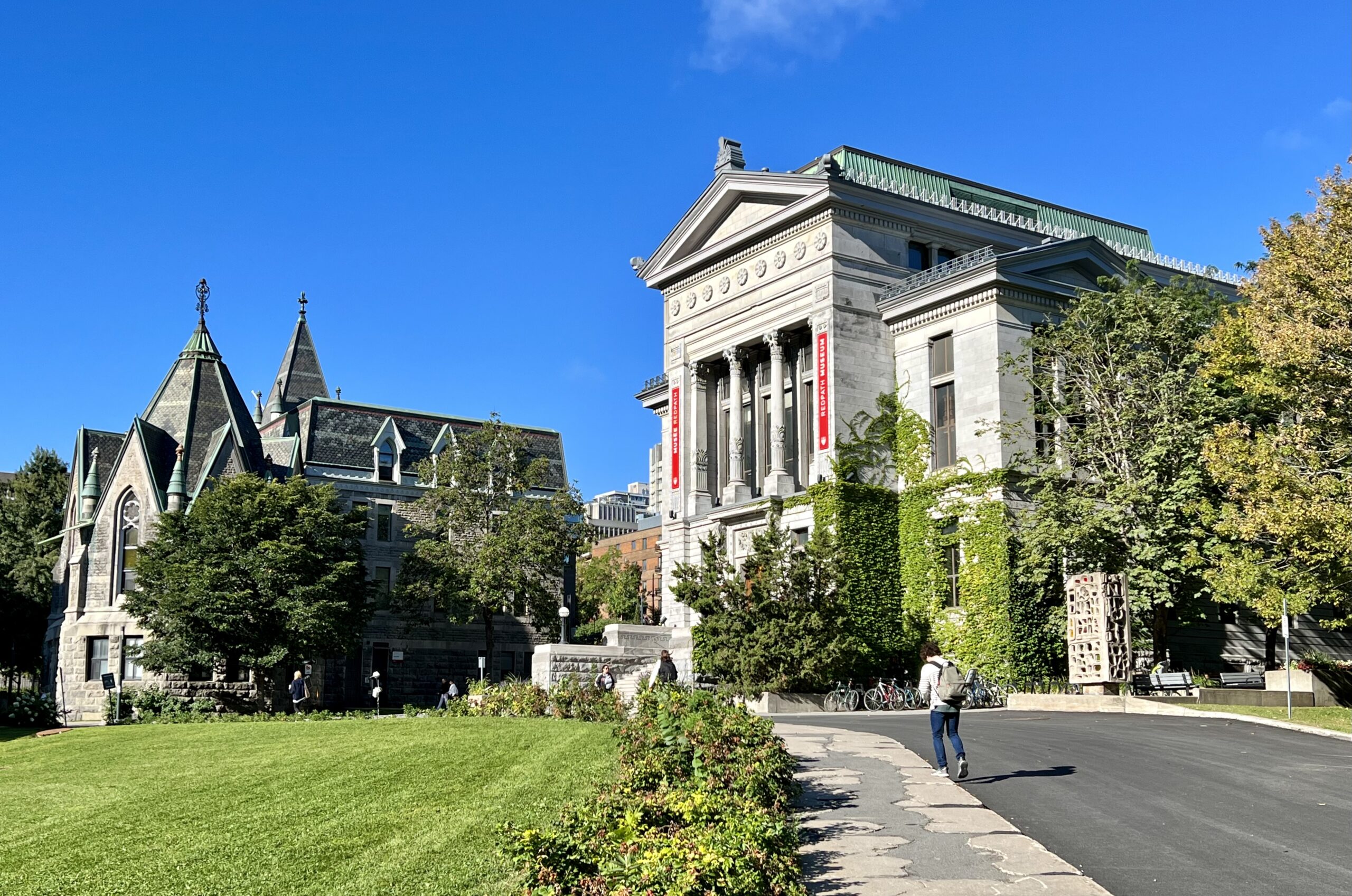
McGill University’s Investment Committee has provided an update on ongoing efforts to further reduce the carbon emissions of the University’s endowment investments. The latest figures show that the University continues to accelerate the effective decarbonization of the approximately $2-billion McGill Investment Pool (MIP).
“We continue to take a holistic approach that looks beyond the traditional carbon-intensive energy sector, and the results speak for themselves,” says Sophie Leblanc, Chief Investment Officer & Treasurer at McGill University. “Our approach has reduced the carbon emissions of our endowment investments by more than two times what we would have achieved by simply divesting from top oil and gas reserve owners alone.”
Highlights of the latest figures (accurate as of June 30, 2022) include:
- Reduction by 42% of carbon emissions of the endowment portfolio vs benchmark (up from 30% in December 2021)
- 7% of the MIP is in impact investments, including commitments of US $25M in a Global Renewable Energy Fund and US $30M in a Global Impact Fund, surpassing the 5% target.
- 99% of assets are managed by external Managers that have adopted an ESG Policy or are signatories of the UNPRI
- $8M investment value in fossil-fuel-free funds (surpassing the initial $5M commitment)
In April 2020, McGill’s Board of Governors approved an eight-point implementation plan for how the University will decarbonize its endowment portfolio, based on recommendations put forth in the final report of the Committee to Advise on Matters of Social Responsibility (CAMSR). The strategy is aligned with McGill’s commitment being a leader in the evaluation and promotion, in collaboration with peer universities, of policies and best practices in the area of SRI—while at the same time providing a dependable and optimal source of income for endowment beneficiaries and to cover the annual operating costs of the MIP. To achieve this goal, the University is taking a multi-prong approach by combining reducing exposure to the highest carbon intensive companies in the portfolio (including some within the fossil fuel industry) with increasing impact investments in low-carbon funds and funds that contribute to the decarbonization of the economy, promoting the University’s fossil-fuel-free fund, and taking an active stewardship role in engagement opportunities with the companies in the MIP. .
More details about McGill’s ongoing progress can be found on the Investment Committee’s decarbonization progress page, and in the 2021 Investment Committee Report on Socially Responsible Investing.
